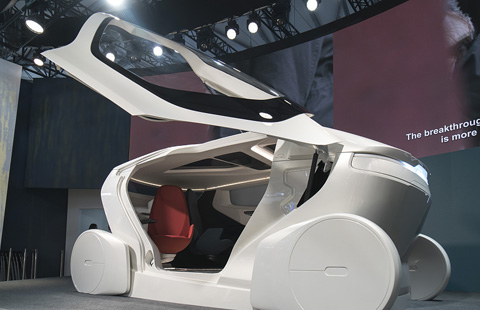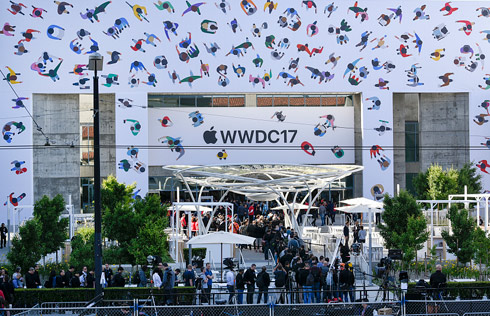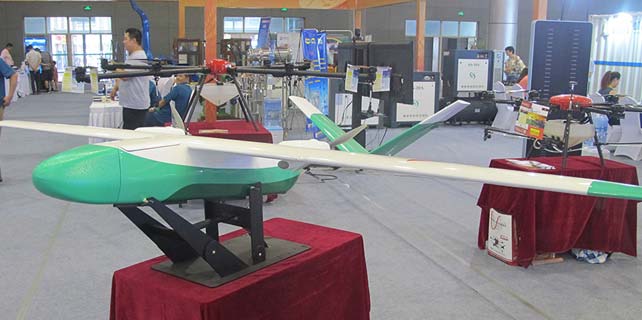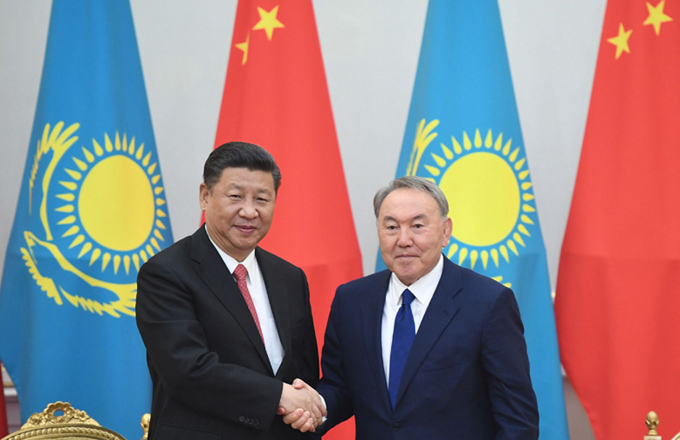Tuanjiecun, uniting freight trains to Europe and South East Asia
CHONGQING - Hundreds of Ford vehicles produced at a Sino-US joint venture are parked along the platform waiting to be loaded onto trains. Huge containers reading "China-Europe Train" are stacked up like mountains. Giant cranes are busy placing cargo into train carriages designated for different destinations -- Kyrgyzstan, Russia, Belarus, Poland or Turkey.
This is Tuanjiecun, which translates as united village. It had been once a small nondescript railway station in Southwest China's Chongqing municipality, before the first China-Europe freight train set off from its platform in 2011.
"That opened a new chapter for trans-continental transportation in the 21st century and was later incorporated into the Belt and Road Initiative," said Wang Weiping, a Chongqing railway official.
Zhang Xin, Tuanjiecun station master, still remembers the day that first China-Europe freight train departed. "I gave the departure order," he said, noting that the German-bound train carried Chinese-manufactured computers and other electronic devices.
Tuanjiecun was previously a four-class station with a staff of 20, located in farmland in the suburbs of Chongqing. Only three passengers trains stopped at the station each day.
Now it has become a first-class station with more than 200 permanent staff and 600 temporary workers. Visiting guests include foreign transportation ministers and other officials from Europe and Southeast Asia.
"I never imagined this little station would one day provide a direct link to outside world," said Zhang, 45. He admitted that his biggest problem now is finding enough workers as the station becomes even busier.
During the first two years only one train set off for Europe each week. Since 2013, when the Belt and Road Initiative was proposed, the number of China-Europe trains has grown to eight or nine per week.
Following its success another 20 Chinese cities have launched direct freight train services to Europe, transporting cargo valued at a total of $20 billion last year.
Previously, most products were exported via air or sea freight, with higher costs and longer travel times, respectively.
The cities selected for the China-Europe services are all economic hubs. Tuanjiecun was chosen as the trial station because of its proximity to Chongqing, a center for cargo exports. The municipality has reported China's fastest economic growth for the past three consecutive years and rail transportation is seen as a barometer for the Chinese economy.
The number of carriages daily passing through the West Chongqing Station, which administers Tuanjiecun station, has risen from 5,000 to 10,000, Wang said.
The Belt and Road Initiative -- linking dozens of countries along the overland Silk Road Economic Belt and the 21st-Century Maritime Silk Road -- is a crucial component of China's current foreign policy.
It takes it's name from a historic network of trails and caravan routes that linked the ancient civilizations of Asia, Europe and Africa and transformed the nature of international trade links.
Tuanjiecun's status has become even more important after a new route opened last month -- the Chongqing-Singapore railway line, linking China's hinterland with Southeast Asia.
"Connecting the Chongqing-Europe and Chongqing-Singapore railway lines makes this the longest railway route in the world, " said Wang, adding that Tuanjiecun is the pivotal transit point on the transportation corridor.
Zhang said the international railway port is undergoing massive construction to expand its capacity even further.



















